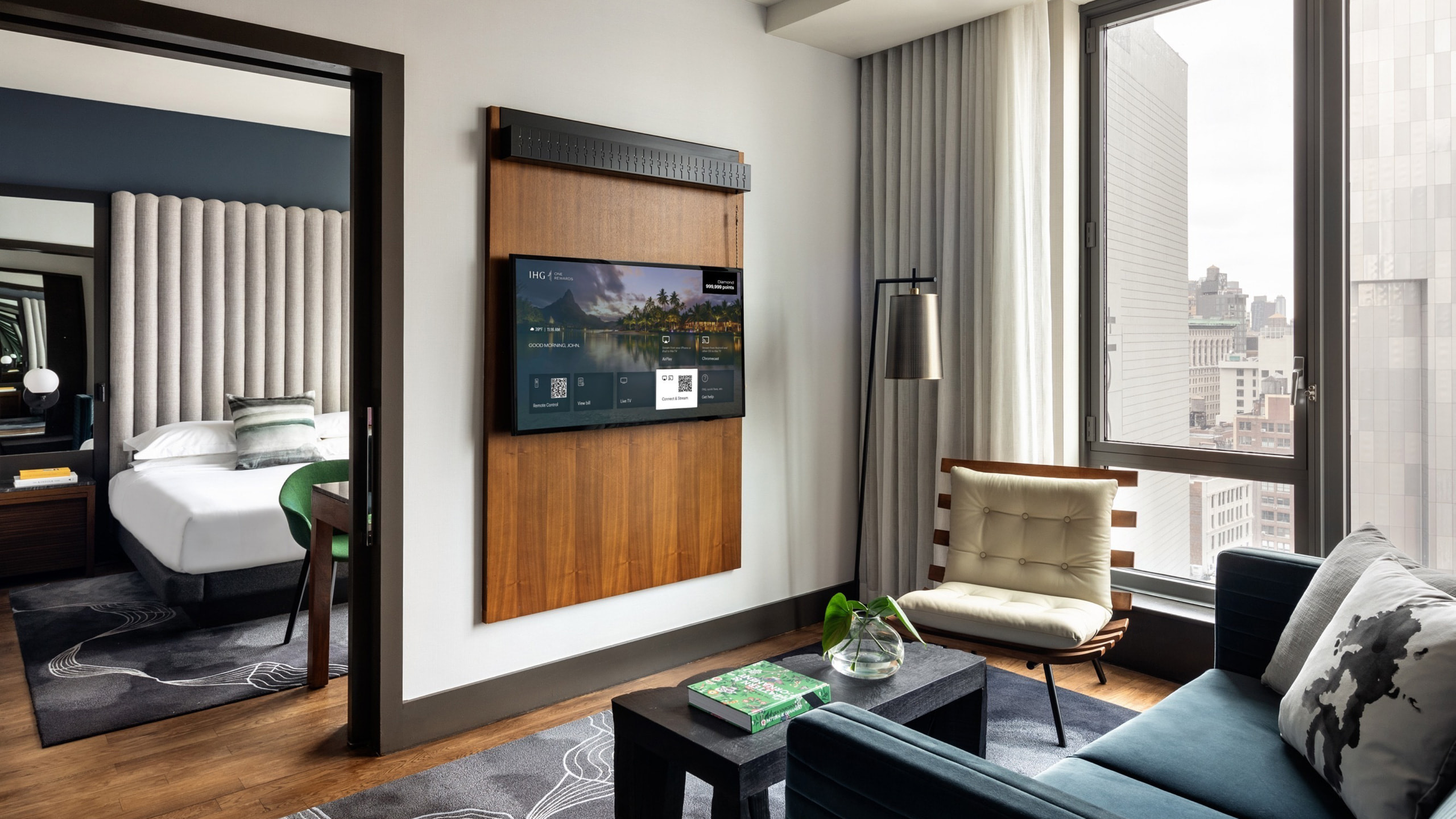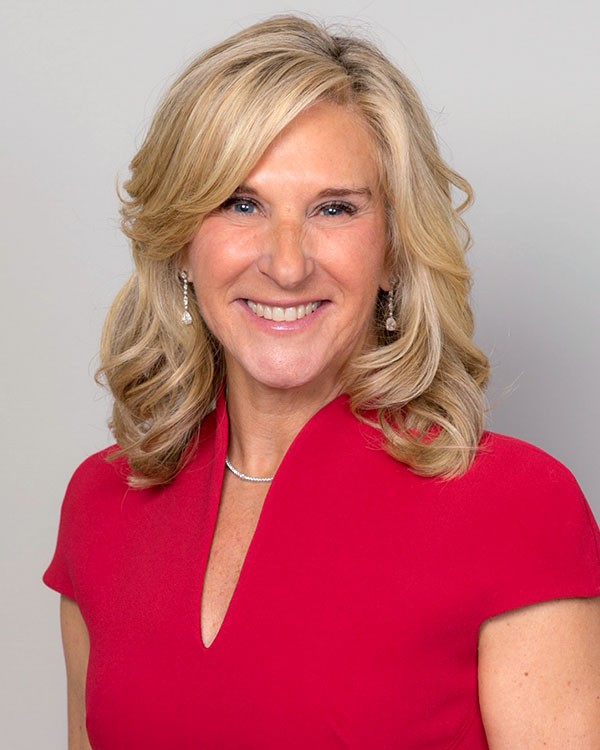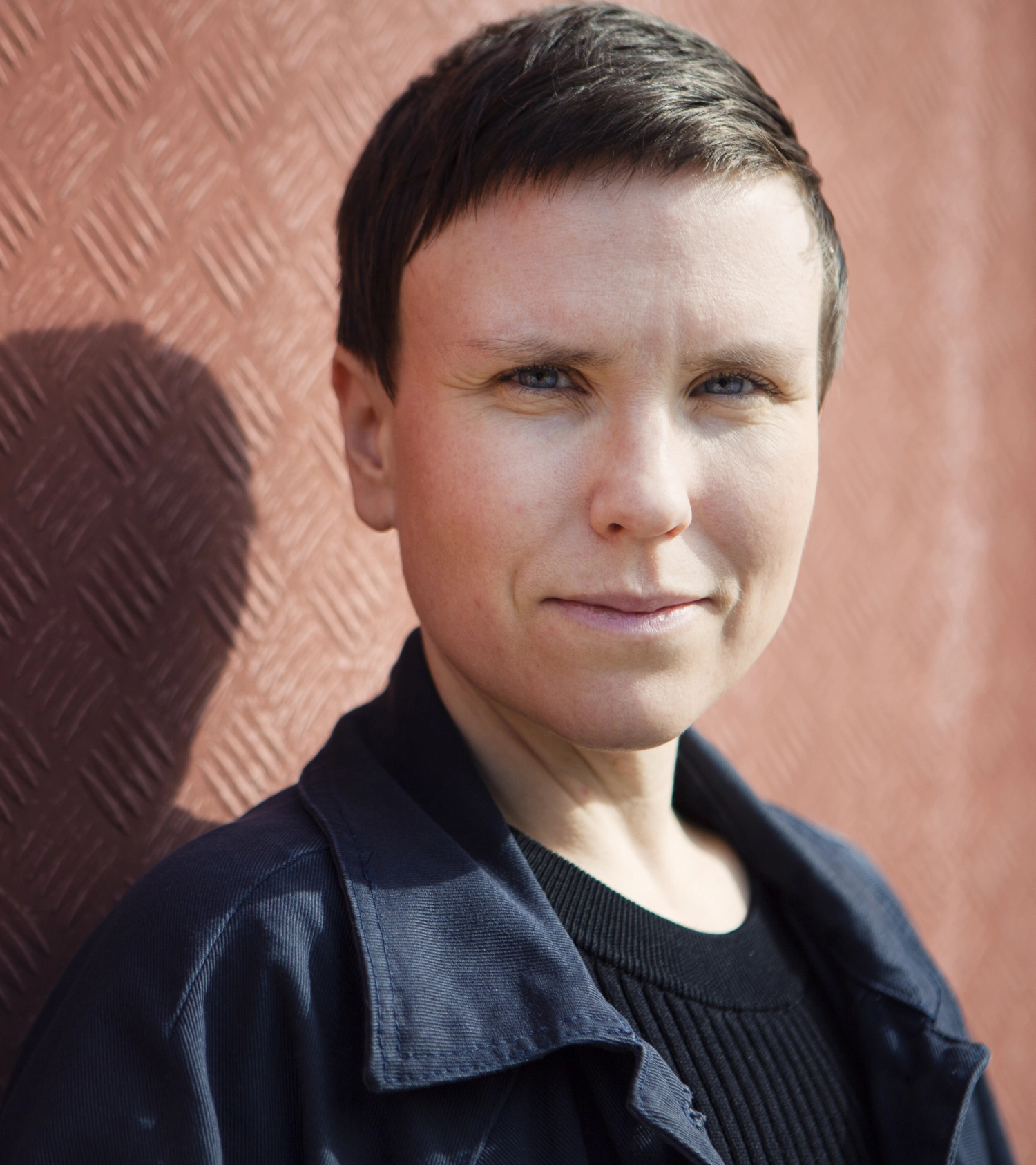Assistant Minister to the Prime Minister
WA Tourism Conference
Keynote address by The Hon Patrick Gorman MP, Assistant Minister to the Prime Minister
Perth
Open
I begin by acknowledging the traditional custodians of the land on which we gather, the Whadjuk people of the Noongar nation.
We collectively pay our respects to their Elders past, present and emerging.
I extend that respect to Aboriginal and Torres Strait Islander peoples with us here today.
Thank you to the Tourism Council of WA for the invitation to speak.
I am pleased to be here, representing the Minister for Trade and Tourism, Senator the Honourable Don Farrell.
I’m sure many of you have met Minister Farrell over the past three years and understand his strong commitment to the tourism sector.
The Minister sends his sincere apologies he cannot be here.
He looks forward to continuing to work with you to ensure the future of this critical industry.
Our tourism industry sells the best of Australia.
The industry is led by some of the best entrepreneurs in Australia.
And some of our most passionate Australians.
When you think about it, there are a lot of similarities between tourism operators and politicians.
We each sell Australia to the world.
We all love to talk about our product.
And almost every single one of us is trying to learn how to use TicTok without looking like an idiot.
As we all know, the travelling experience has changed a lot recently.
It used to be that two weeks in a hotel was something we looked forward to.
The mask on a plane was to cover your eyes while you slept.
And it used to be that the worst part of getting a new passport was the photo.
A fresh approach
Much has changed in the last month.
We have a new Government.
A new Prime Minister.
But thankfully, no new COVID strains.
One thing we’ve learnt since the election is this:
If you want to be Prime Minister of Australia – you have to love tourism.
Our last one certainly did.
And Prime Minister Albanese policies prove he does too.
Last month I joined now ministers Linda Burney and Catherine King to announce $50 million of funding for an Aboriginal Cultural Centre in Perth.
A centre to further share our planet’s oldest living culture.
A project that could be Western Australia’s answer to the Opera House.
And during the campaign our Minister Farrell announced a $48 million tourism and travel package.
This package includes a $10 million injection in training and skills development.
We all know how difficult these last few years have been.
Across the country, businesses have worked extraordinarily hard to deal with everything the pandemic has thrown at them.
And the tourism industry has some of the most inspiring responses.
I am in awe of your patience, resilience and determination.
I know Minister Farrell is too.
The Minister has a deep appreciation of the difficulties the industry has experienced and the challenges it faces.
I can assure you that Don is firmly on your side as we all work together to recover and rebuild.
Our Prime Minister is also acutely aware of what you’ve been through.
He was a long-serving Shadow Minister for Tourism and remains a good friend of Western Australia.
Prime Minister Albanese is in your corner.
He is often physically in our corner, spending much time right here in WA.
And in the next twelve months the Cabinet will come to Western Australia twice.
Perth and Port Hedland.
Future Prosperity
The Prime Minister, like all of us, understands that a vibrant, thriving visitor economy is essential to Australia’s future prosperity.
This is vital to all local economies.
Our large cities. Regional and rural communities.
We know that in Western Australia, there are many communities that rely almost entirely on a regular influx of domestic and international visitors.
We have far too much to lose by not investing in the visitor economy.
But the Albanese Government will not let that happen.
We will listen, and take action and provide the support you need.
Skills shortages
Labour shortages are an economy wide issue.
But for your industry it is especially challenging.
We know the visitor economy had significant workforce and skills challenges in the years leading up to 2020.
These challenges were greatly exacerbated by the COVID-19 pandemic.
Workforce shortages are currently the greatest barrier to recovery.
The greatest barrier to meeting the increasing demand from international and domestic travellers.
We see it here in Western Australia
Especially in peak periods in Perth and the regions, which traditionally relied on backpackers and international students.
It’s an issue right across the country.
Importantly, building workforce capability is a key priority for the new Government.
We’re looking at a range of actions to increase workforce participation.
This will allow us to better engage more workers including:
- Mature workers
- Aboriginal and Torres Strait Islander peoples
- People with disability
- Young Australians
- And women, especially those in regional areas
Visas
Another immediate challenge is processing the backlog of visa applications.
This is raised with me on a daily basis.
The Department of Home Affairs has granted more than 1.3 million visas since November 2021.
The Department will continue to process all on-hand applications, including those lodged while the borders were closed.
Supporting mobility for international workers is a priority.
It will ease workforce shortages and help fast-track our economic recovery.
The Prime Minister understands the issue.
It formed part of critical conversations at the first National Cabinet last week.
After the meeting, the Prime Minister acknowledged the need for a national skills plan.
The plan will train Australians for what we need today and what we know will be needed for the jobs of tomorrow.
Future proofing the industry requires encouraging more Australians to take up roles within it.
But we know that in the short term at least, migration must be part of the solution to skill shortages.
The Albanese Government will work with the business community along with the states and territories to address these issues.
Policy Commitments
In the lead up to the election, we made a number of commitments to the tourism industry.
As I mentioned earlier, the Albanese Labor Government will help the sector by investing $48 million to:
- attract and skill up workers
- support quality tourism products
- deliver infrastructure upgrades
This includes $8 million in funding for the Quality Tourism Framework, working in partnership with the Australian Tourism Industry Council.
This funding will assist 10,000 tourism businesses to develop quality tourism products.
Services and experiences that attract international visitors, retain domestic visitors and maximise jobs and economic value.
This includes funding to develop businesses and products, as well as cooperative marketing.
Labor knows small businesses are the backbone of the tourism industry.
The fact is most tourism businesses employ fewer than five people.
We understand that supporting these small businesses will put them in a better position to grow.
In turn, creating jobs and boosting our economy.
It’s why the Government has announced $10 million for marketing strategies to attract workers to Australia’s tourism industry.
We have also announced Fee-Free TAFE to help rebuild industries hit hardest by the pandemic, such as hospitality and tourism.
Our plan for 465,000 Fee Free TAFE places included 45,000 new TAFE places across key courses.
In addition, we have committed:
- $10m to expand the hospitality Hub Portal
- $10m to upgrade caravan parks
- $10m to help tourism businesses get back to the international market.
All because we know that investing in a better future for tourism is investing in a better future for Australia.
The Future
We know there is still much work to be done.
Yet it is clear the outlook for the visitor economy is promising.
Recent data from Tourism Research Australia shows domestic and regional tourism springing back to life.
We know there is pent-up demand for travel and we are seeing confidence in travel increasing.
People have accrued leave and a strong desire to see family and friends.
Domestic tourism is expected to continue to recover strongly in 2022.
In March 2022, Australians took 8.3 million overnight trips.
They spent $6.8 billion.
And stayed a total of 27.7 million nights.
And in news I know everyone in this room welcomes, we are starting to see the average trip length increasing.
In Western Australia, a one-day increase in average length of stay for international visitors has the potential to add 4% to domestic overnight spend each year.
We are also starting to see international visitors returning to Australia, and more Australians travelling overseas.
Between November 2021 and March 2022 international visitor numbers increased sharply, with over 390,000 arrivals.
Thankfully, international students are also returning to Australia.
More than 120,000 international students arrived in the same period.
So, the early signs of recovery are there, but so too are a new set of challenges brought on by the steep rise in demand.
Evan Hall
So we face new challenges.
But we have the right people in this industry to face them.
On that note, I want to pay tribute to your CEO Evan Hall who I have been fortunate to know for 7 years.
Evan has a clear vision for the industry.
A leader in good and bad times.
Someone with fresh ideas.
And a deep understanding of Western Australia and what we offer to the world.
Recovery in Western Australia
Your industry is always willing to share your insights and knowledge.
I thank everyone who engaged with the Reimagining the Visitor Economy Expert Panel.
The Panel was led by former Labor Federal Tourism Minister the Hon Martin Ferguson.
For the past year, Martin has worked tirelessly and consulted widely.
This helped ensure the then-Government, and Australian officials, understood the impact of the pandemic on the tourism industry.
We now have a strong set of recommendations for recovery.
It was clear from the recommendations and report that collaboration is key.
Federal, state and local governments working together with the industry.
This will be critical for the long-term success of the visitor economy.
We saw this in action through Austrade’s Recovery for Regional Tourism program in Australia’s South West.
As well as in the collaborative project on Rottnest Island as part of the National Tourism Icons program.
I strongly support all that Premier Mark McGowan, Deputy Premier and Tourism Minister Roger Cook and the WA Government is doing to revitalise the tourism sector in Western Australia.
Initiatives such as Jina, the Western Australian Aboriginal Tourism Action Plan.
This plan lays the groundwork for Western Australia to become the nation’s premier destination for authentic Aboriginal tourism.
Conclusion
Thank you again for the opportunity to be here with you today.
I leave you with the assurance that the new Government is committed to Australia’s visitor economy recovery.
As many of you know, Minister Farrell worked closely with the sector during his time as Shadow Minister.
He knows and understands your challenges.
He looks forward to working with you to ensure the sector returns to the growth and vitality it enjoyed the past.
I also look forward to working with you, and to seeing this vital sector rebuilt to the position of strength and sustainable growth.
Just as a good holiday can bring a family together.
My hope is that a good government can bring a country together.
You will hear lots from our new Prime Minister about bringing this country together.
Ending the division.
And ending the fighting that only takes us further away from our shared goals.
This is important nation building work.
And we all have a role to play in it.
Especially your industry.
You literally bring people together.
Show them why it is we love this country so much.
And connect our Australian values to the world.
The people in this room develop the unofficial ambassadors for Australia.
Making us stronger for tomorrow.
And I hope we as a Government can walk and work with you in bringing this country closer together.
Thank you.







